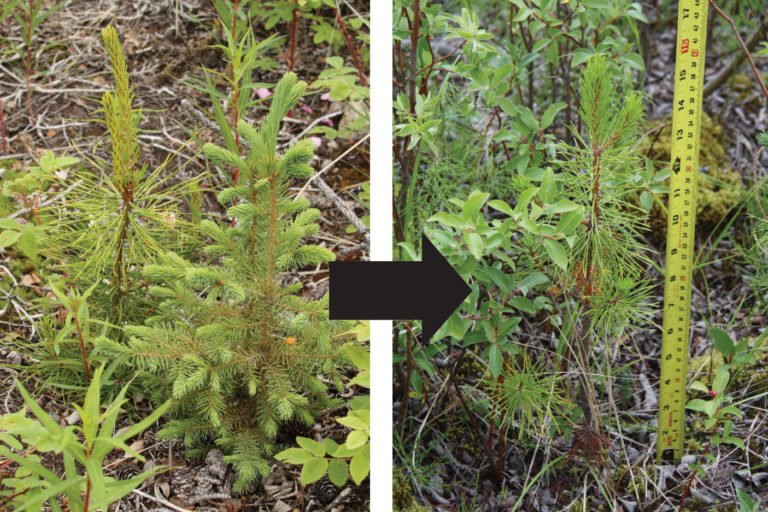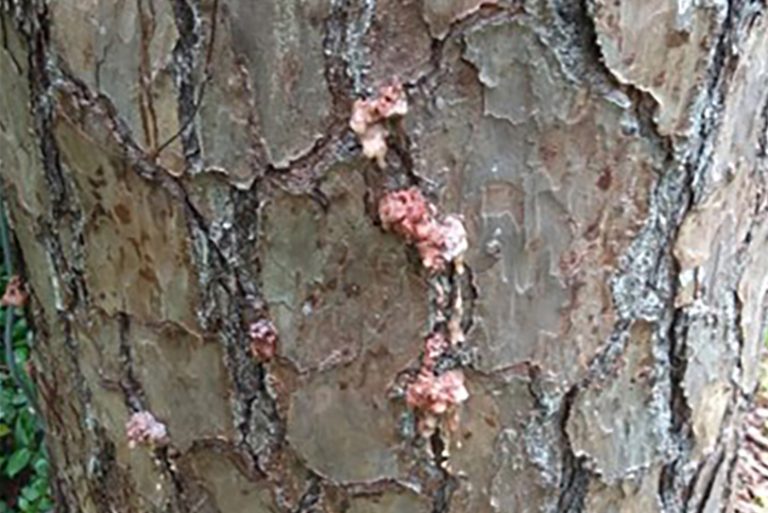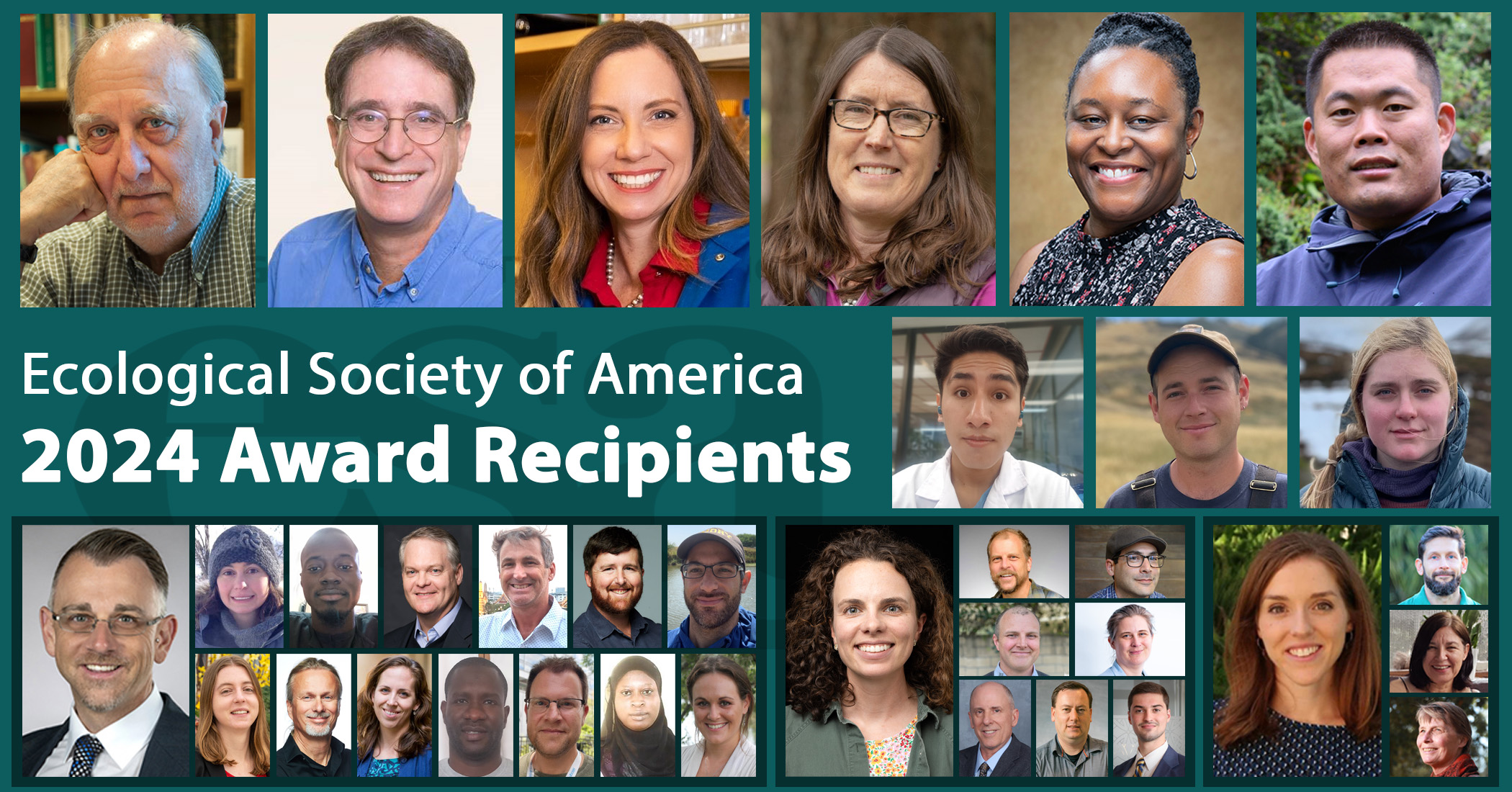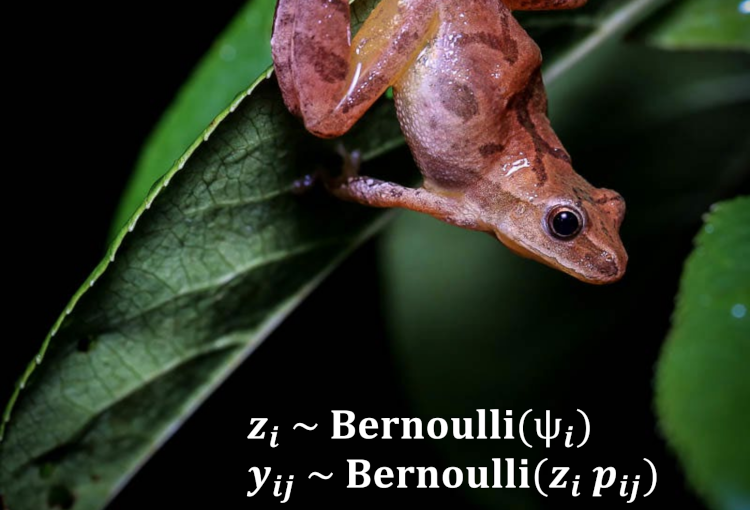
New analysis reveals 126 birds are lost to science, without a confirmed sighting in at least a decade
The Search for Lost Birds, a collaboration between Re:wild, American Bird Conservancy and BirdLife International, has developed the most complete tally of bird species that are lost to science.








